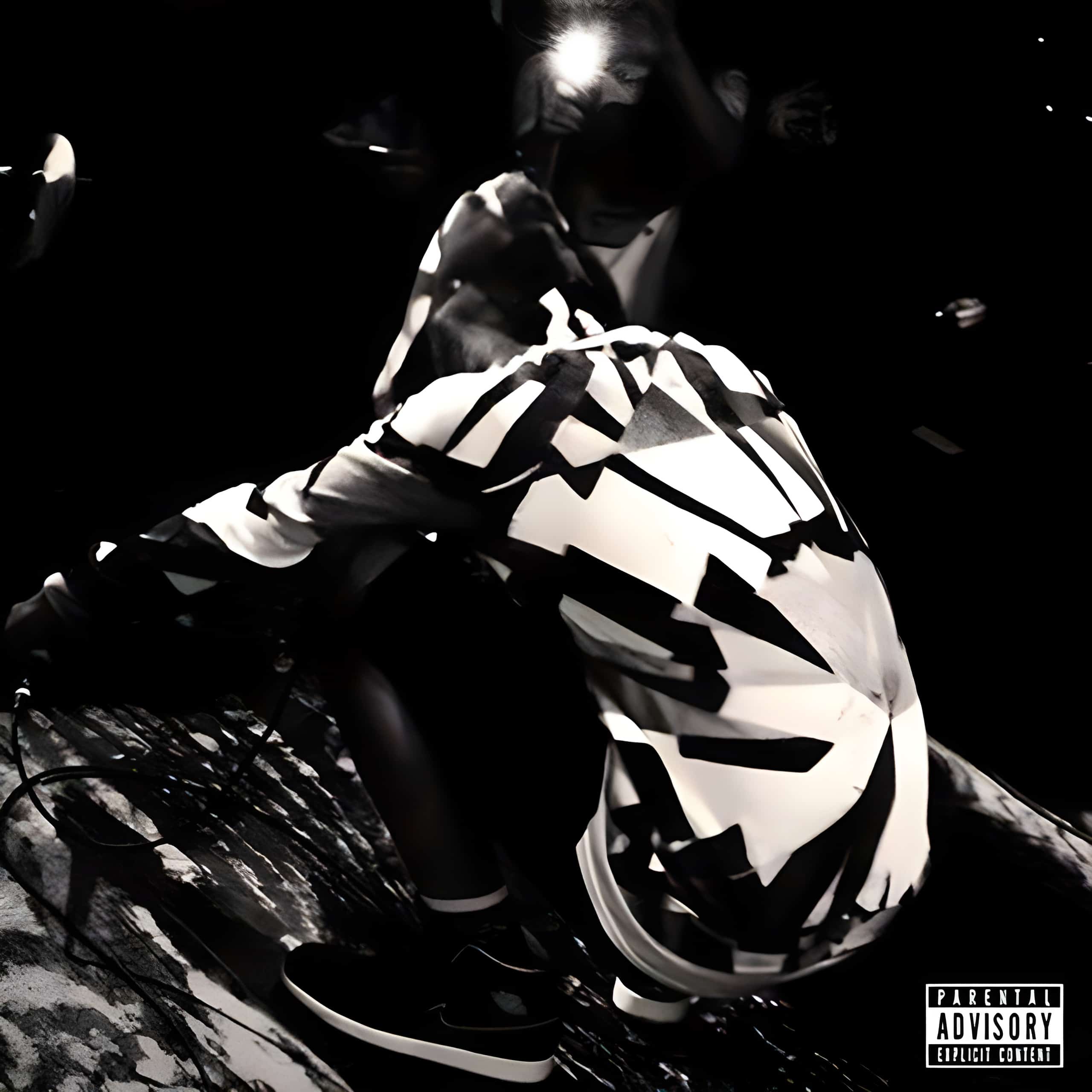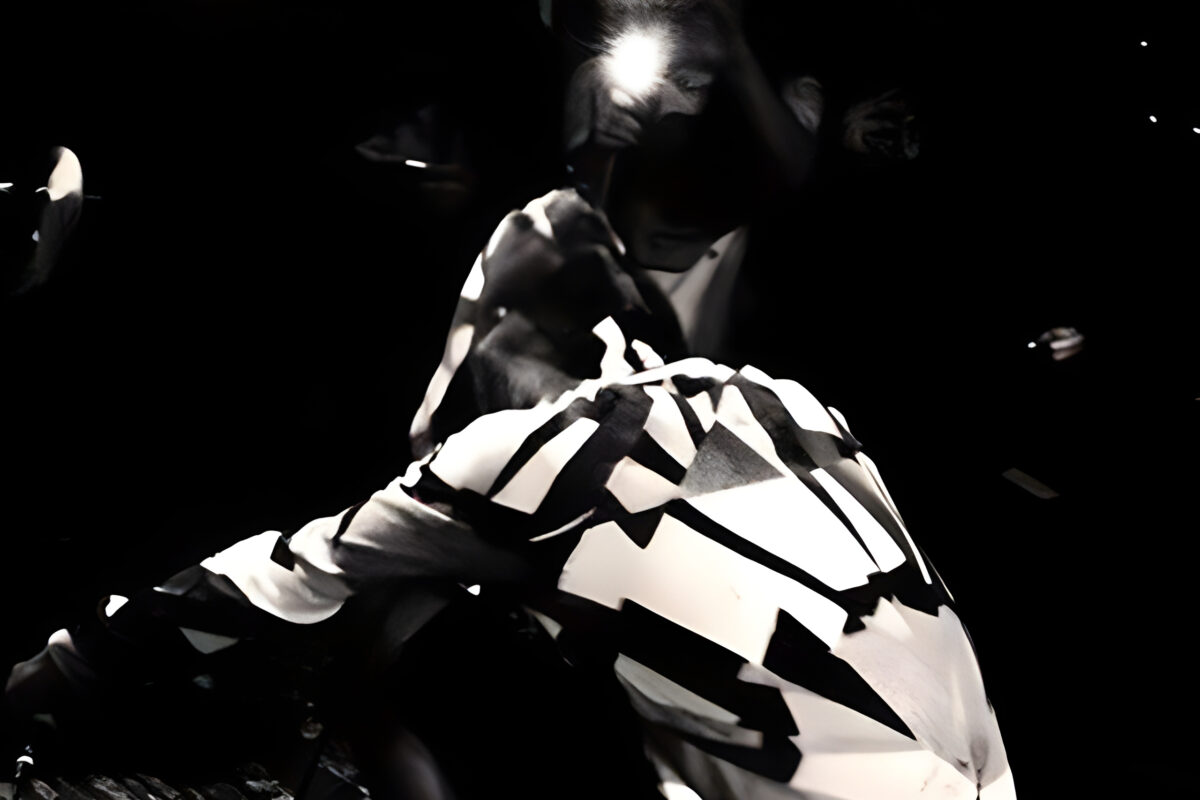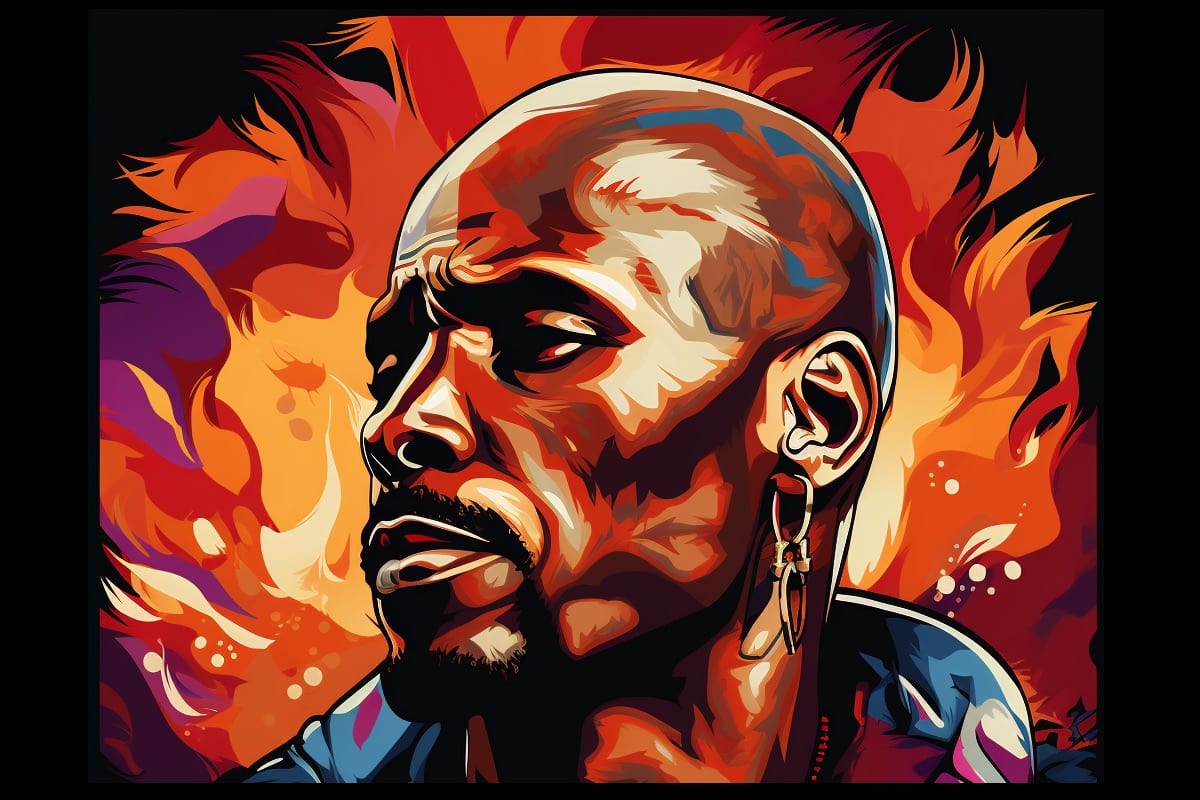Released: 2014
Xavier Wulf’s song “The Last Jewel” presents a persona that’s larger than life, as he lyrically explores themes of power, individuality, and transcendence. The track encapsulates his pride in self-reliance, defiance against detractors, and commitment to his personal code of conduct, while embedding fantasy elements like dragons and wolves to elevate his narrative beyond the mundane.
The opening lines introduce the audience to the artist’s confidence. Wulf boasts about his appearance, emphasizing a self-assured start to his day. The imagery of ‘platinum dragons’ that join him for a meal suggests a realm where luxury and mythical power converge, indicating both wealth and an otherworldly sense of presence. Here, the metaphor isn’t just for the money, but for the aura and might that he possesses.
In referring to himself as ‘tundra boy from the east’ and ‘thunder man’, Wulf alludes to elements of nature, implying his force and unpredictability. The mention of his eyes not being visible suggests an element of mystery or inscrutability that he maintains, aligning with the larger-than-life persona he’s cultivating. The verse transitions into a more confrontational tone, as he addresses his opposition directly with stark consequences for challenging him.

The ‘seven blades cut seven different sections of his pride out’ vividly depicts Wulf’s ability to dismantle those who oppose him, metaphorically cutting through their ego and self-worth. It’s a violent, yet metaphorically potent line that asserts dominance and hints at a code of honor or justice he upholds against ignorance (‘ignant fools’). The use of colloquial language like ‘nigga’ indicates a casual tone, likely intended for a close audience familiar with street vernacular.
Next, the narrative turns toward former detractors, as Wulf observes a shift in their behavior—they now desire his company. He maintains a dismissive attitude, unwilling to let them into his circle (‘hell no’), indicating a steadfast adherence to his values and an understanding of people’s superficial intentions. The financial success he’s attained (‘Bands on me’) only serves to intensify envy and resentment among others, a reality he acknowledges and dismisses confidently.
Wulf emphasizes his capability and willingness to ‘let some stress out’ on anyone who challenges him, illustrating his readiness to defend his status. The hyperbolic ‘37,000 swings’ emphasizes an exaggerated capacity for combativeness, yet it may also symbolize the accumulated struggle he’s had to endure to reach his current state. His lifestyle of constantly proving his worth becomes a spectacle for others, acknowledged even by his enemies who now seem impressed rather than envious.
As he paints the scene of a ‘moshpit full of tears,’ there’s an indication of cathartic release from the intense pressures he and his listeners experience. ‘Fallen jewels crying on my chest’ suggests both a sense of loss and cherished memories or victories—those precious yet painful moments in life. It’s an evocative image that invites the audience to ponder what they’ve sacrificed or experienced alongside him. Here, the song touches on emotional vulnerabilities and reassures his community.
Despite his larger-than-life persona, Wulf reassures his audience of his role as a protector, claiming to keep them ‘safe while we fight.’ By proclaiming his transformation into a wolf, he completes a narrative arc from vulnerability to ultimate strength, embodying a predatory, yet majestic figure who no longer needs a mount (‘horse’). The jealousy of ‘blades’ against his ‘teeth’ reiterates the sharpness of his wit and ferocity, with Hollow Squad symbolizing his loyal, ever-present crew.
As he approaches reconciliation with former rivals who express understanding (‘Damn, Wulf I understand’), Wulf offers forgiveness, encouraging them to move on (‘go smoke now’). It suggests a theme of personal growth, the maturation that comes from overcoming challenges, and maintaining one’s identity through adversities. This forgiving stance hints at a full-circle journey of power to peace, as those who once doubted now seek camaraderie.
Wulf concludes with a nod to his routine (‘ridin’ round’), content with life’s simpler pleasures, yet ever watchful over his domain. His references to hitting ‘TA double dollar for that ooo-hoo’ and smoking evoke images of familiar leisure activities and a means to cope with life’s complexities. In “The Last Jewel,” Xavier Wulf melds fantasy and reality, weaving a tale that reinforces his ethos, with lyrical finesse and the raw edge typical of his style.






